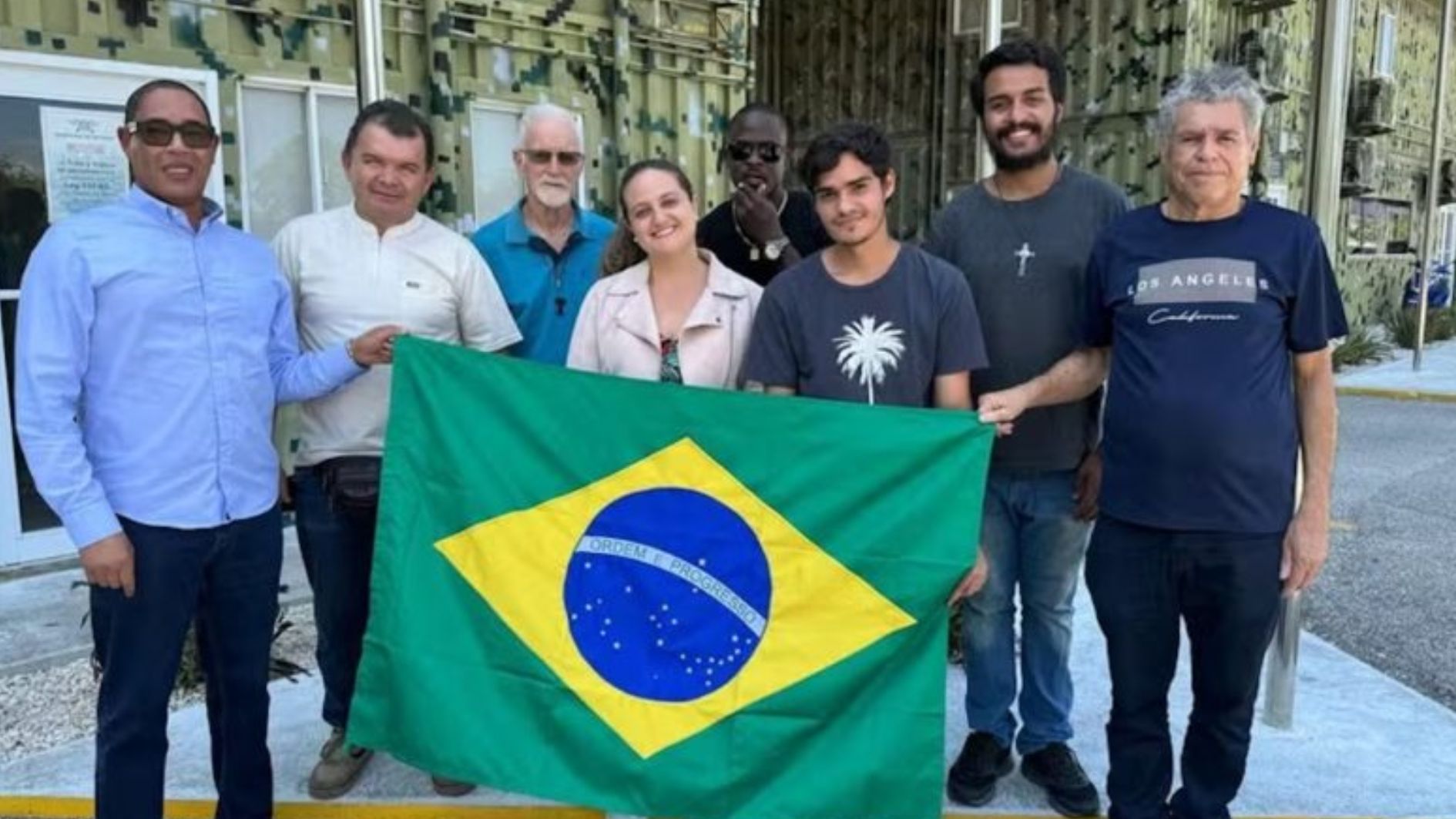
Published 04/11/2024 11:40 | Edited 04/11/2024 18:25
Faced with the worsening of violence in Haiti and the resulting closure of Port-au-Prince’s international airport, the federal government carried out, this Wednesday (10), an operation to remove seven Brazilians who expressed their desire to leave the country.
According to a note from Itamaraty, there are also another 59 nationals identified by the Brazilian embassy who, however, decided to remain in the country or chose to leave by their own means.
Also according to the Ministry of Foreign Affairs, the group took two helicopter flights towards the border city of Jimaní, in the Dominican Republic, where they were received by embassy officials in Santo Domingo and taken to the capital. In addition to the Brazilians, an elderly German woman was included in the operation, for humanitarian reasons. The request was made by the German government, which was also responsible for the costs.
A month ago, due to insecurity, the Brazilian government suspended face-to-face services at the consulate in Port-au-Prince. However, the government reported that the embassy continues to operate and “permanently monitors the evolution of the crisis”.
Know more: Understand the situation in Haiti and the risk of paramilitaries taking power
Haiti is experiencing a bloody war between gangs that has killed thousands of people. According to the UN, in 2024 alone, there were more than 1,500 murders and, last year, another 4,400 Haitians lost their lives. Militias and armed groups have invaded police stations, freed inmates from prisons and are now trying to take power. Today, these gangs control more than 80% of the capital.
The crisis led then-Prime Minister Ariel Henry to resign in March. He was out of the country and was unable to return. As the crisis unfolds, the local population suffers from a lack of food, medicine and other basic items.
The current scenario further aggravates the difficulties faced by Haiti, the poorest country in the Americas. Currently, around 80% of the population is unemployed and 60% is illiterate.
The current problems facing the country unfold from the assassination of President Jovenel Moïse, in July 2021. The case has not yet been solved and there are dozens of suspects, including the former prime minister and Jovenel’s wife, Martine Moïse.
This Monday (8), Haitian political leaders signed an agreement to form a presidential transition council for 22 months, a way of seeking to stabilize the country. The council waits to be invested by the Executive Branch to begin the process. Your first mission will be to elect the new prime minister.
With agencies
(PL)
Source: vermelho.org.br

